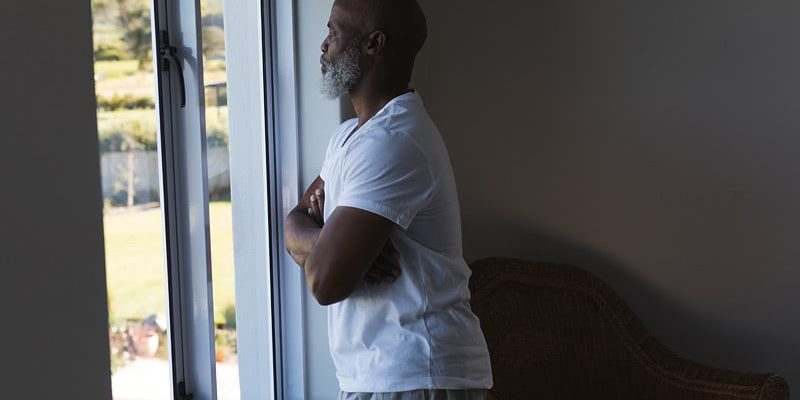Lockdowns Prevent Only .2% of COVID Deaths: Study
Editor’s note: Find the latest COVID-19 news and guidance in Medscape’s Coronavirus Resource Center.
An analysis from Johns Hopkins University says lockdowns during the first wave of the COVID-19 pandemic did little to reduce the number of COVID-related deaths and should be “rejected out of hand as a pandemic policy instrument” because of their devastating effect on the economy and society.
Lockdowns in the United States and Europe reduced COVID-related deaths by only .2%, and shelter-in-placed orders reduced deaths by 2.9%, the study says.
“We find no evidence that lockdowns, school closures, border closures, and limiting gatherings have had a noticeable effect on COVID-19 mortality,” wrote the authors of the paper published in the journal Studies in Applied Economics. “Overall, we conclude that lockdowns are not an effective way of reducing mortality rates during a pandemic, at least not during the first wave of the COVID-19 pandemic.”
The study was written by economists, not epidemiologists, and was based on a review of 34 other studies published by July 1, 2020, during the early part of the global pandemic. They looked at mortality rates but didn’t consider how lockdowns might have affected the number of infections or virus-related hospitalizations. They also didn’t use studies that forecast deaths.
The authors define lockdowns as “compulsory nonpharmaceutical interventions … that restrict internal movement, close schools and businesses, and ban international travel.” They didn’t consider government recommendations, information campaigns, mass testing, or vaccine measures.
The study says closing nonessential businesses appears to have had some positive effect and cut mortality rates 10.6%, probably because bars were closed. Mask mandates were not factored in because they found only one study on universal mask mandates done at that time.
They said lockdowns had a “devastating” effect on the economy and society, at least during the first wave of the pandemic.
“They [lockdowns] have contributed to reducing economic activity, raising unemployment, reducing schooling, causing political unrest, contributing to domestic violence, and undermining liberal democracy,” they wrote. “These costs to society must be compared to the benefits of lockdowns, which our meta-analysis has shown are marginal at best. Such a standard benefit-cost calculation leads to a strong conclusion: lockdowns should be rejected out of hand as a pandemic policy instrument.”
Many people would have practiced safety measures even if governments had not ordered lockdowns once the pandemic began, the authors said.
“People respond to dangers outside their door. When a pandemic rages, people believe in social distancing regardless of what the government mandates,” they wrote.
The authors also said lockdowns may have unintended consequences. Shelter-in-place orders reduced the public’s access to safe spaces, such as parks, and isolated infected people in homes where their families were at higher risk of being infected themselves.
The authors of the study are Jonas Herby, a special adviser at the Center for Political Studies in Copenhagen, Denmark; Lars Jonung, PhD, a professor of economics at Lund University in Sweden; and Steve H. Hanke, founder and co-director of the Johns Hopkins Institute for Applied Economics, Global Health, and the Study of Business Enterprise.
The findings conflict with previous studies that found lockdowns worked.
One published in July 2020 in the British journal BMJ, for example, found that lockdowns helped reduce the number of COVID-19 cases.
And a May 2020 study out of Columbia University found nearly that 36,000 American lives would have been spared if strict social distancing measures had been enacted across the country just 1 week earlier than they were.
Sources
Studies in Applied Economics. “A Literature Review and Meta-Analysis of the Effects of Lockdowns on Covid-19 Mortality.”
Johns Hopkins. “Steve H. Hanke.”
Source: Read Full Article
